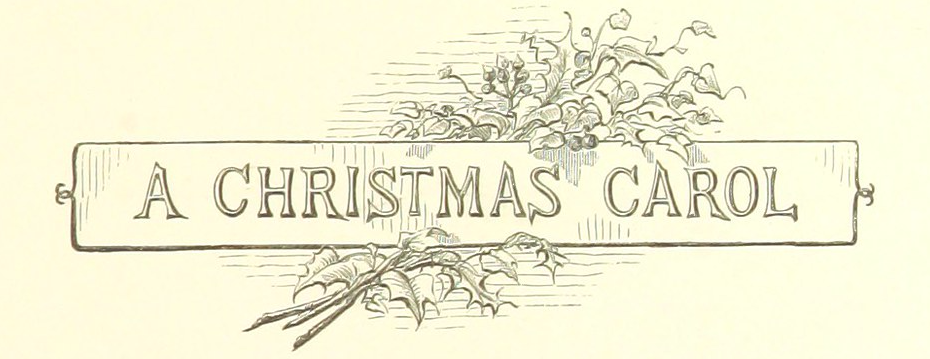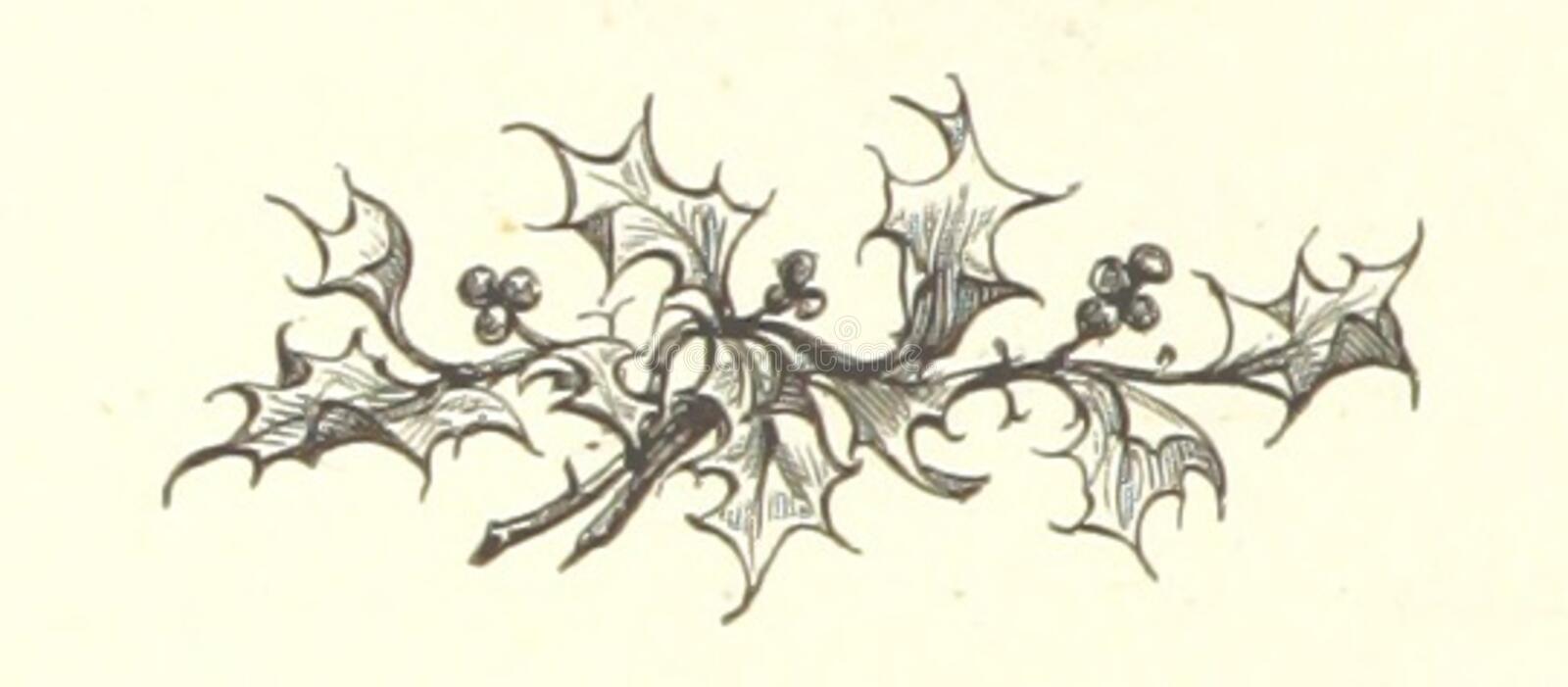One holiday season, my wife and I went with friends to see the play “A Christmas Carol.” We decided to go largely because it seemed like a Christmasy thing to do, and it was, but we soon found ourselves enjoying the familiar story even more than we had expected.
In the printed program for the play, we learned how Charles Dickens presents the moral of his story at two levels.
He was concerned for the plight of the poor, and he saw society as indifferent to the less fortunate. On a personal level, he portrays Ebenezer Scrooge as a man who is transformed, who becomes compassionate to others and chooses to give to the world rather than withdraw.
Both are life lessons we can learn from. But neither of those themes is what affected me the most.
I was struck by the journey through time Scrooge undergoes. Partly because we all have issues with the past, the present, and the future. But I was also reminded that we have a God who is uniquely able to help us deal with all three of them: the God for all time.
Ghosts of Our Past, Present, and Future
During the play, Ebenezer Scrooge is actually visited by four ghosts, not just the three we normally remember.
The first is his dead partner, Jacob Marley. As punishment for his self-serving life, Jacob’s spirit wanders the Earth weighted down with heavy chains. Marley issues the chilling prophecy that, based on the life we lead, we each build the chains we become doomed to wear forever.
Scrooge swoons and falls into a deep sleep, but as the story continues, he is visited by three more frightening apparitions:
- The Ghost of Christmas Past takes Scrooge on a journey of regret. As a young man, Ebenezer lost his fiancée when his lust for money eclipsed his ability to love another. This message is more than merely a clever theme in a play because all of us, not just Scrooge, have turned something we love into an idol, regretfully allowing it to replace things more dear.
- The Ghost of Christmas Present shows Ebenezer his self-absorption, which we all suffer from as well, when they visit the home of Bob Cratchit. But, as his transformation continues, Scrooge’s heart is softened by young Tiny Tim’s warmth and kindness and by a family who shows joy in spite of not having turkey or presents to adorn their Christmas.
- The Ghost of Christmas Yet to Come introduces Ebenezer to his fear by showing him his yet-to-be grave and headstone. Scrooge desperately wants to alter his fate and overcome his frightening future. As do we, as we seek to deal with our own fear of death or the nearer-term loss of health, or security, or comfort, or status, or pride.
But in the play, Scrooge does change, and remains changed. He becomes a saved man. As can we, if we adopt a more eternal point of view and lay claim to a faith for all time. So we no longer need worry about ghosts anymore.
The God for All Time
Each of us is haunted by our past, present, and future. But we don’t have to be, because we have an eternal God who is simultaneously…
- God of Our Past – A Savior who can replace our regret with his peace and joy.
- God of Our Present – A Holy Spirit that changes self-absorption to compassion.
- God of Our Future – A Lord who can transform our fear into hope and promise.
In real life, we need more than a play portraying visions of ghosts to escape our past, embrace our present, and anticipate our future. We need a God who is as real as we are, one who can transcend time, and one who has overcome the world.
As the story in “A Christmas Carol” concludes, we hear Tiny Tim exlaim, “God bless us, every one!” The good news is that, in real life, God has done just that: he has blessed us, every one.
Because we have the God for all time. And Christmas is when we celebrate His birthday.
Question: Are you more worried about the ghost of the past, the present, or the future?
Action: At Christmas, celebrate the God for all time through the joyous birthday of Jesus Christ.


